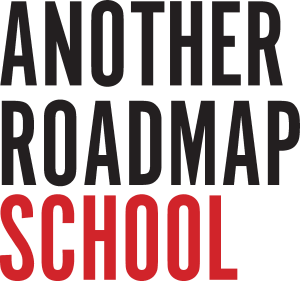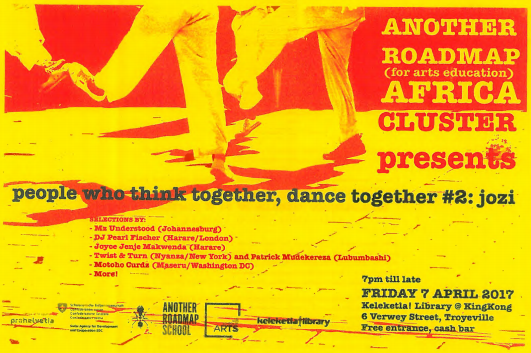Working Group: Johannesburg
Authors: Puleng Plessie, Rangoato Hlasane
#self-organised learning #archive #medu art ensemble #legacy #sharing knowledge #popular education #apartheid #activism

This Learning Unit is concerned with the politics of archival access or how to work with archives that are ‘not there’.
The central story of the Johannesburg Working Group (JWG) is the Medu Art Ensemble (Medu), a collective of informal members; most of them exiled artists from South Africa, working in Botswana circa 1979-1985. Due to the precarity and risk attached to their political work, much of the Medu archive is scattered. Crucially, Medu archive has not been easy to institutionalize. As a result, much of Medu work is unknown and untaught in formal institutions.
The JWG attempts to use the Medu story as a point of departure in decolonizing problematic epistemologies, language, terminologies and pedagogies in modest ways within formal education spaces in South Africa (largely Johannesburg). The JWG has considered notions of collectivity, a being togetherness as a powerful strategy for meaning-making and knowledge-making and knowledge-sharing.The following document should be seen as a constellation of experiences, processes and activities of the Another Roadmap School Johannesburg Working Group in conversation with the Another Roadmap Africa Cluster, Intertwining hi/stories, students, learners, artists, collectives, Medu Art Ensemble and more. It has been showcased as a zine at the Another Roadmap Exhibition in Huye, Rwanda. Members and visitors had the chance to comment the print outs. These comments can be seen in the attached version and ask for an engagement into this work in progress.

